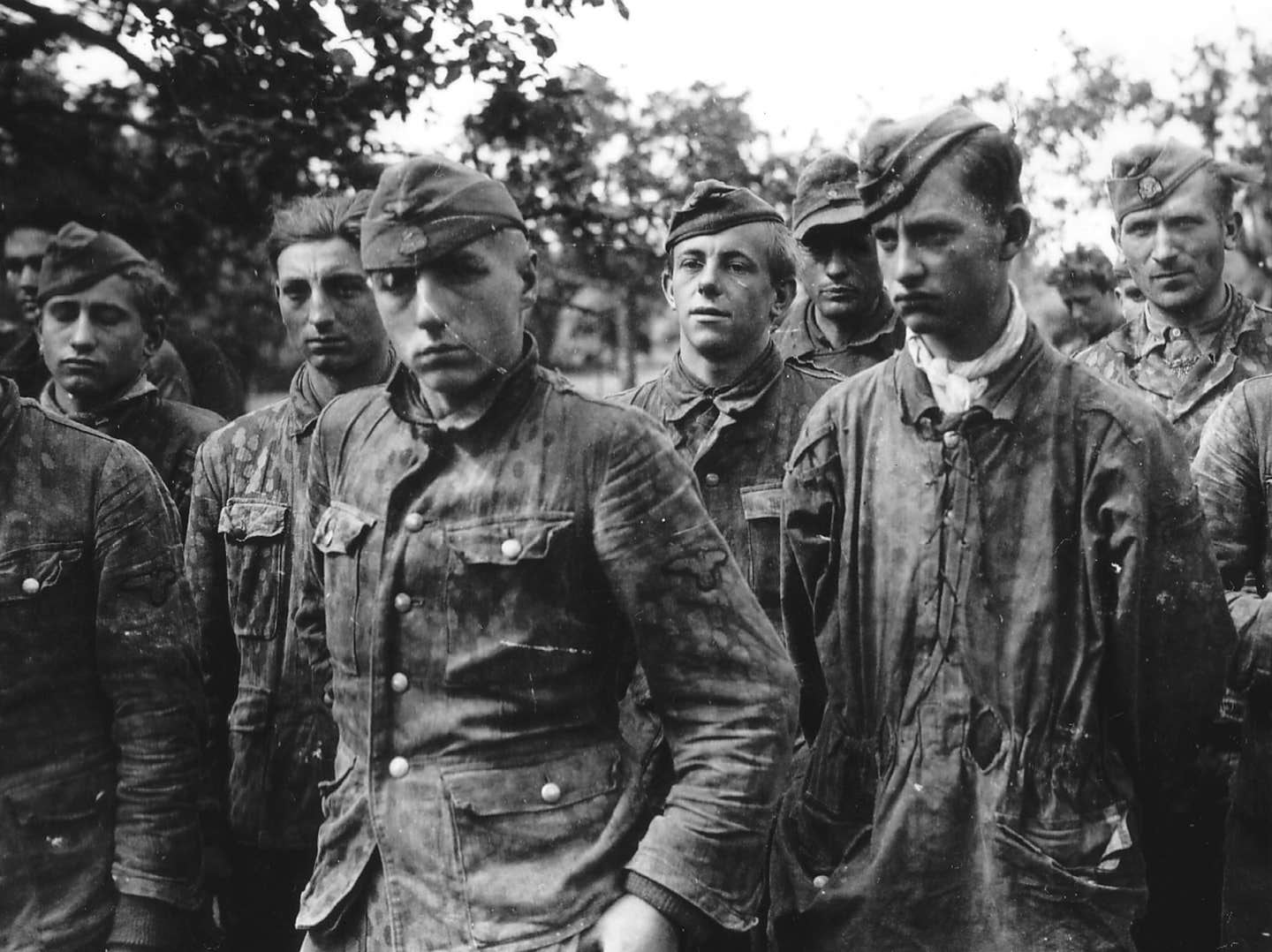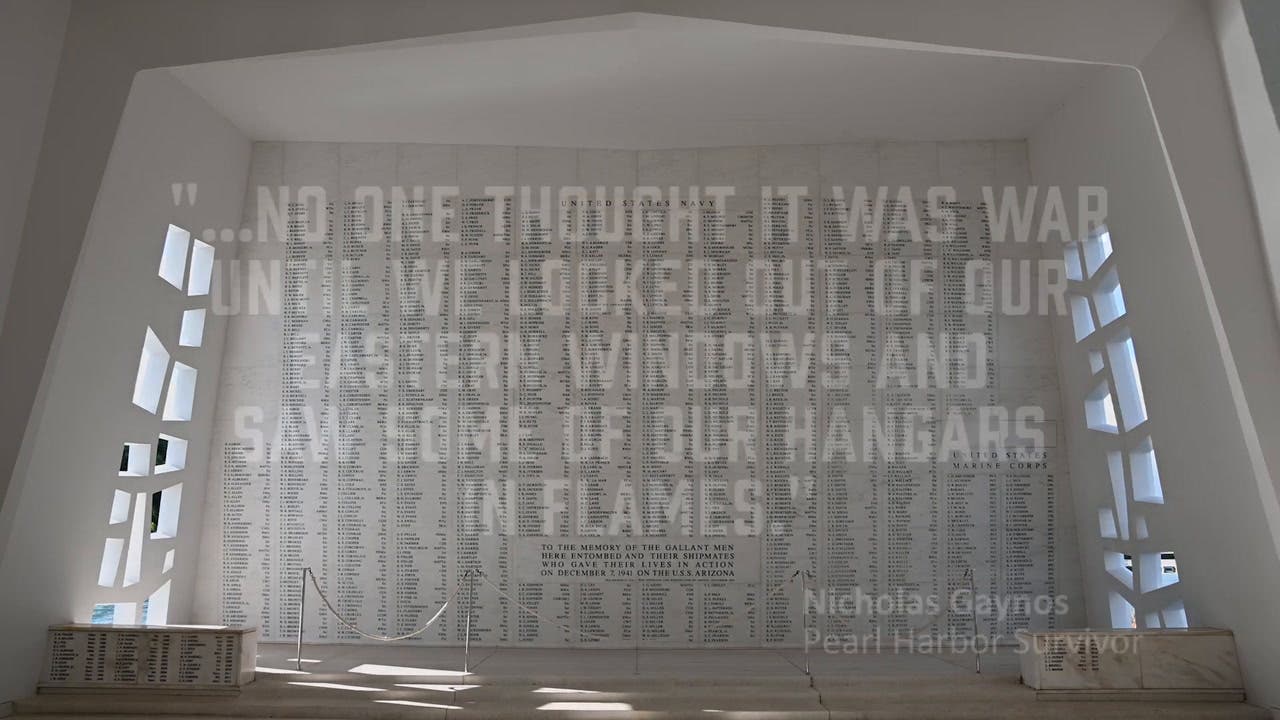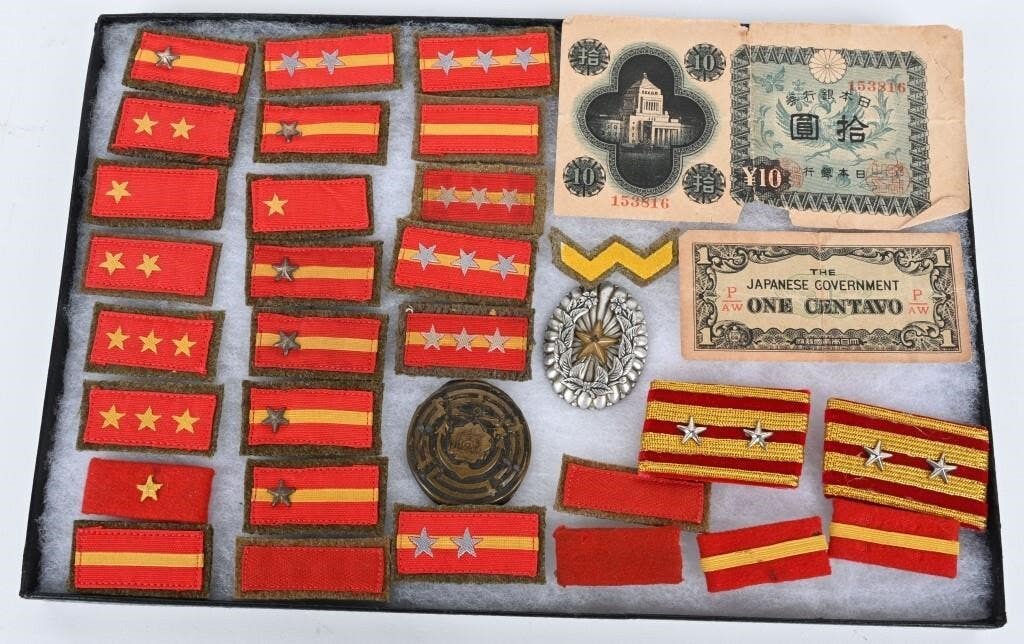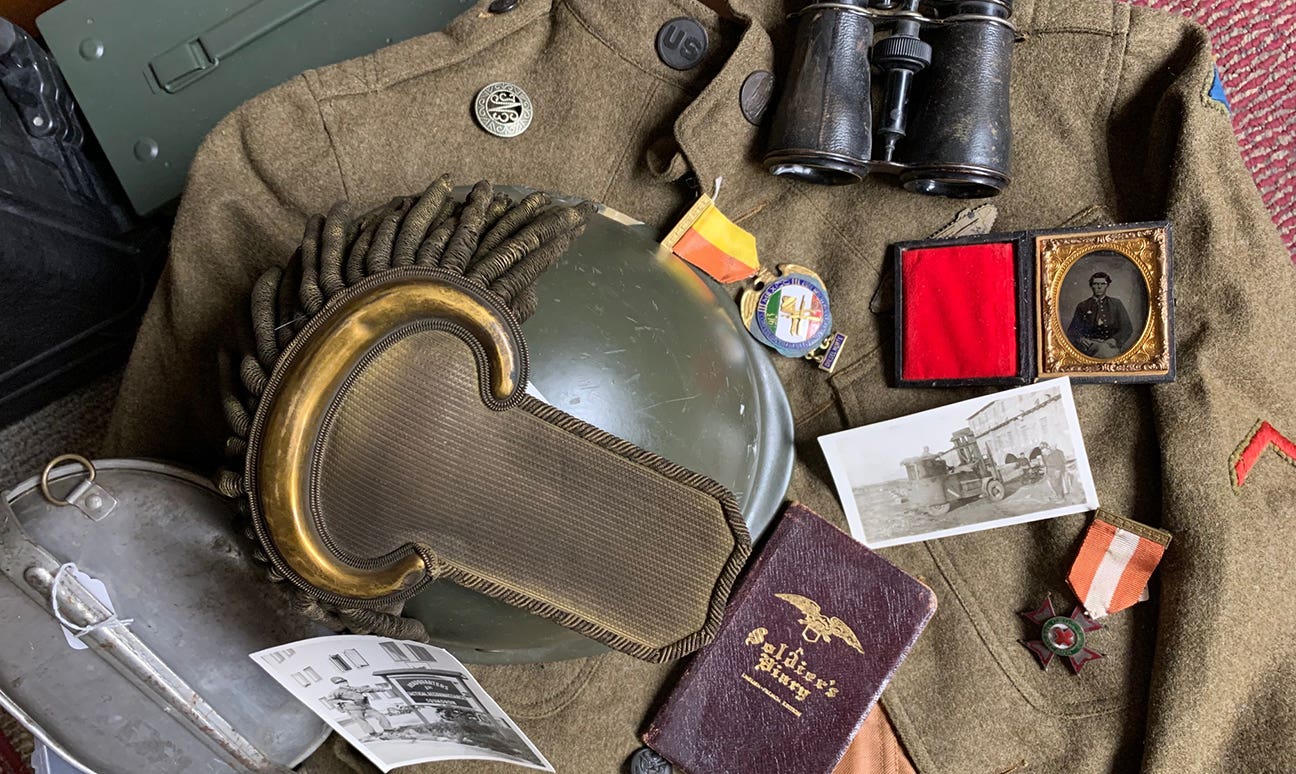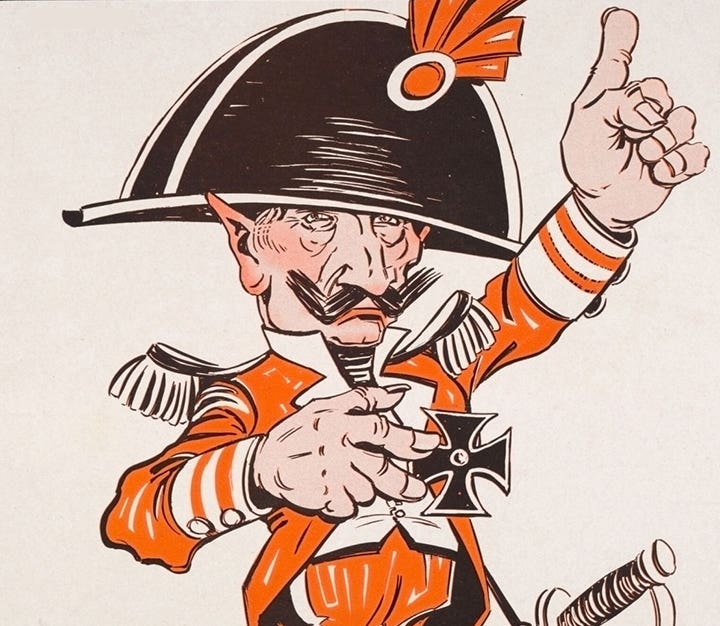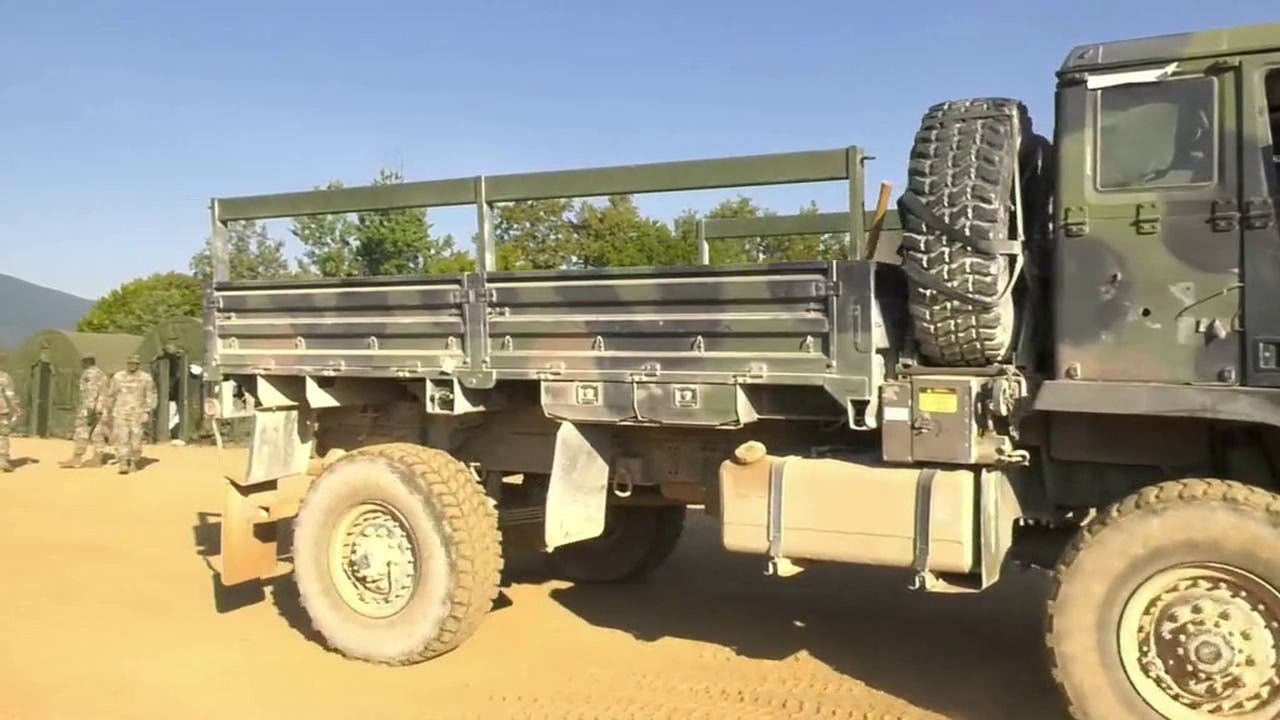A Poor Workman Blames His Tools
Last week was a bad one in the historic military vehicle world. First, a WWII DUKW loaded with tourists sank in Branson, leaving 17 dead. Two days later, a WWII-era…
Last week was a bad one in the historic military vehicle world. First, a WWII DUKW loaded with tourists sank in Branson, leaving 17 dead. Two days later, a WWII-era C-47 crashed with fourteen on board, eight of whom were injured. Many are asking if these tragedies had to happen. The short answer is no, but for many, that would mean retiring all these vehicles from public service. While that is a solution very few of us would want, the outcry is loud and gets the attention.
A Poor Workman Blames His Tools
Within days of the fatal DUKW accident in Branson, articles appeared in papers condemning the vehicles, implying that the vintage DUKW was at fault rather than the operators. The Kansas City Star waved a finger in an article titled, “Duck Boat that sank at Table Rock was built during WWII,” as if that is a surprise to anyone who has visited Branson, the Wisconsin Dells, or any other place that promotes DUKW tours. That’s the draw—the vehicles are WWII veterans. Why else do people go on them? They could ride a much more comfortable sea-going vessel than a GMC DUKW if that is what they wanted.
But that didn’t occur to the Star’s reporter, Kelsey Ryan. Apparently, it makes a much better headline to imply that somehow that the age of the vehicle that underwent yearly inspections and certification by the Coast Guard was somehow at fault rather than actually questioning the human factor: The operator allowed the vehicle to go into the water during near-hurricane like winds and told the passengers they wouldn’t need life jackets.
USA Today reported that former National Transportation Safety Board James Hall called for a total ban of DUKW tour boats. “My feeling after seeing this one is that the only thing to do in the name of public safety is to ban them," Hall told USA Today, "I think it’s the responsible thing to do to ensure (riders) are not put at risk.”
When I was a kid, Dad used to say to me, “A poor workman blames his tools.” Seventeen people are dead. That is horrific. But let’s not blame the DUKW that they boarded.
The DUKW did what it was supposed to do: It floated and propelled itself in seas appropriate to its size and power. When the storm became overwhelming, the boat was, well, overwhelmed. Even after the DUKW sank, witnesses reported the unoccupied life jackets did what they were supposed to do: Float on the surface. In this instance, the equipment was not the problem. In fact, it did exactly what the Coast Guard certified it to do. The people in control of the equipment, however, failed miserably.
The tragedy in Branson appears to be the result of one thing: Operator error. If there is blame to be placed, start with the ticket sellers. Someone had to be aware of weather conditions when they opened for business that day. But as anyone who has served in an official capacity on sea-going vessel knows, the ultimate responsibility falls on the captain of the vessel. In the case of the Branson DUKW disaster, the (now deceased) captain of the boat made the decision to drive that DUKW into the water. The tragedy that followed was not the fault of the DUKW.
Keep ‘em rolling,
John Adams-Graf
Editor, Military Vehicles Magazine and Military Trader
John Adams-Graf ("JAG" to most) is the editor of Military Trader and Military Vehicles Magazine. He has been a military collector for his entire life. The son of a WWII veteran, his writings carry many lessons from the Greatest Generation. JAG has authored several books, including multiple editions of Warman's WWII Collectibles, Civil War Collectibles, and the Standard Catalog of Civil War Firearms. He is a passionate shooter, wood-splitter, kayaker, and WWI AEF Tank Corps collector.



